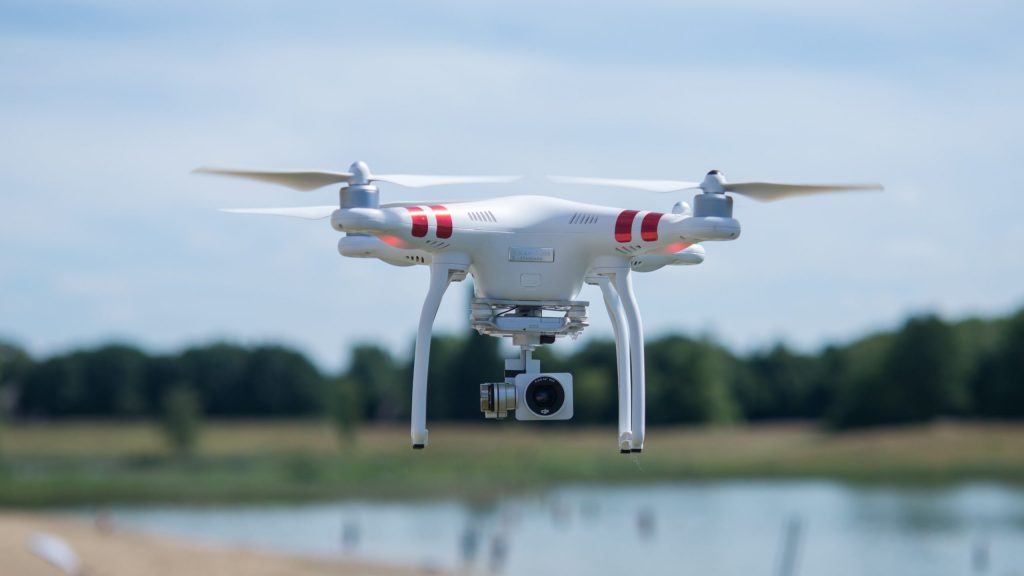The Drone business is a much talked about business in terms of regulatory funding, restrictions and otherwise.
Also, our Honorable Prime Minister is expecting India to be a global drone hub by 2030 and that drone application will be ensured in transportation, logistics, defence, mining, infrastructure sectors, and more. Obviously for achieving this, Foreign Direct Investment (FDI) will act as a fuel.
The Ministry of Civil Aviation has published the new liberalized Drone Rules, 2021(rules) in suppression of the Unmanned Aircraft System Rules (UAS Rules), 2021 dated March 2021.
The Ministry of Civil Aviation vide its press release on the Rules dated August 26, 2021 states that there is no restriction on Foreign Ownership in Indian Drone Companies.[1]
Does this mean that 100% FDI is allowed without any restrictions? Let us discuss about the same in detail in this article.
In order to understand if there is any restriction on the receipt of Foreign Direct Investment, we first need to understand under which sectors an Indian Drone company may fall.
Any business that intends to receive FDI has to comply with the sectoral caps prescribed under Schedule I of the Foreign Exchange Management (Non-Debt Instrument) Rules, 2019 (NDI Rules, 2019).
A Drone Company may be a manufacturing drone company, a trading Drone Company, or maybe providing services through the E-Commerce platform.
We will discuss each of these sectors in detail one by one in our next series.
Apart from the above, there is also a possibility that the company may fall under the Civil Aviation Sector specified under Schedule I of the NDI Rules, 2019.
As per NDI Rules, the Civil Aviation sector includes Airports, Scheduled and Non-Scheduled domestic passenger airlines, Helicopter services or Seaplane services, Ground Handling Services, Maintenance and Repair organizations, Flying training institutes, and technical training institutions.
Scheduled air transport service means an air transport service undertaken between the same two or more places and operated according to a published timetable or with flights so regular or frequent that they constitute a recognizably systematic series, each flight being open to use by members of the public
Non-Scheduled air transport service means any service which is not a scheduled air transport service and will include Cargo airlines
Drones are used in a wide range of roles such as search and rescue, surveillance, traffic monitoring, weather monitoring and firefighting, personal drones and business drone-based photography, videography, agriculture and even delivery services.
However, the ‘aviation sector’ under the NDI Rules, 2019 presupposes either transport of passengers or transport of goods.
If the drones are engaged in the transport of passengers or goods, it has to fall under either Scheduled air transport service or non-scheduled air transport service of the Civil Aviation Sector.
As stated above, the essential elements of the Civil Aviation sector is ‘Transport’. Whether drones will be used for Transport purposes or Non-Transport purposes will be the spinal cord in deciding whether the Civil Aviation Sector of the NDI Rules, 2019 will be applicable or not. If it is not falling under the Civil Aviation sector it would be manufacturing, trading or E-Commerce… let’s explore its nuances in next write up.
[1] https://pib.gov.in/PressReleasePage.aspx?PRID=1749154

